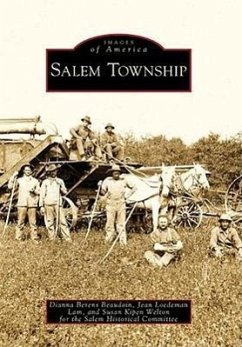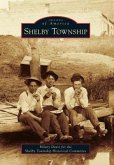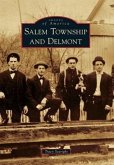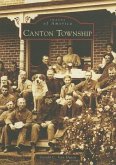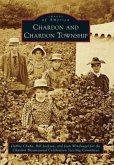Before white settlers came to the area that is now Salem Township, Potawatomi Indians hunted and fished in a forest filled with abundant wildlife. The settlers cleared the trees to work the land and built a lumber mill along Little Rabbit River. Salem was primarily a farming community carved out by hardworking pioneers. Four towns were established to serve this farming community: Diamond Springs to the south, New Salem to the north, and Burnips Corners and Salem Center (now known as Burnips) in the center. In 1855, Salem Township separated from Monterey Township; then, in the 1930s, the discovery of oil brought financial relief to Salem farm families who struggled to maintain their farms. A new wave of residents came to settle in the Salem area as men seeking work in the oil fields brought their families to the community.
Hinweis: Dieser Artikel kann nur an eine deutsche Lieferadresse ausgeliefert werden.
Hinweis: Dieser Artikel kann nur an eine deutsche Lieferadresse ausgeliefert werden.

